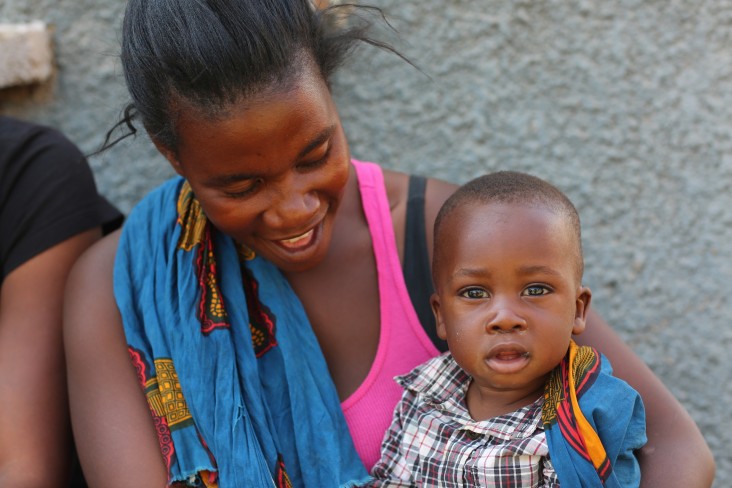Speeches Shim

In 2019, Zambian President Edgar Lungu declared maternal and prenatal deaths to be a national public health emergency. Since 2015, the Safe Motherhood 360+ program has worked with the Zambian government’s Ministry of Health to support high-impact programs that help reduce maternal and newborn illnesses and deaths.
USAID Safe Motherhood 360+ focuses on the 48-hour period around labor and delivery, addressing the “three delays” associated with maternal deaths: delays in seeking, reaching, and receiving care. Ensuring women have access to high-quality antenatal and postnatal care is critical for keeping mothers and their newborns healthy. The activity works to strengthen the availability of health services for women of reproductive age, increase the number of births at health care facilities, and improve the overall quality of care for mothers and their newborns.
Operating across 16 districts in five provinces, Safe Motherhood 360+ works at the national, facility and community levels, focusing on women and their children who are least likely or able to access care.
USAID Safe Motherhood 360+ activities include:
- Strengthening health systems through training of health-care providers, facilitating access to better health care equipment, commodity and infrastructure support, and strengthening the referral system;
- Improving the availability of and access to quality care, especially for rural communities and women in hard-to-reach areas;
- Generating community awareness and demand for maternal and newborn health care services;
- Bolstering monitoring and evaluation systems and data use to help leadership make more informed decisions that result in more effective and locally sustained health care; and,
- Supporting local and national guidelines and training materials for health care providers and community health care workers that enable a positive environment for maternal, newborn, and child health care.
|
JOURNEY TO SELF-RELIANCE
USAID believes every person, every community, and every country wants to be empowered to lead their own future. We support self-reliance by walking alongside our friends on their development journey, as evolving but enduring partners. As partners on this journey, we are empowering host-country governments and our partners to achieve locally sustained results, helping countries mobilize public and private revenues, strengthening local capacities, and accelerating enterprise-driven development. This approach fosters stable, resilient, and prosperous countries that are more self-reliant, and prioritizes enduring partnerships.

Comment
Make a general inquiry or suggest an improvement.